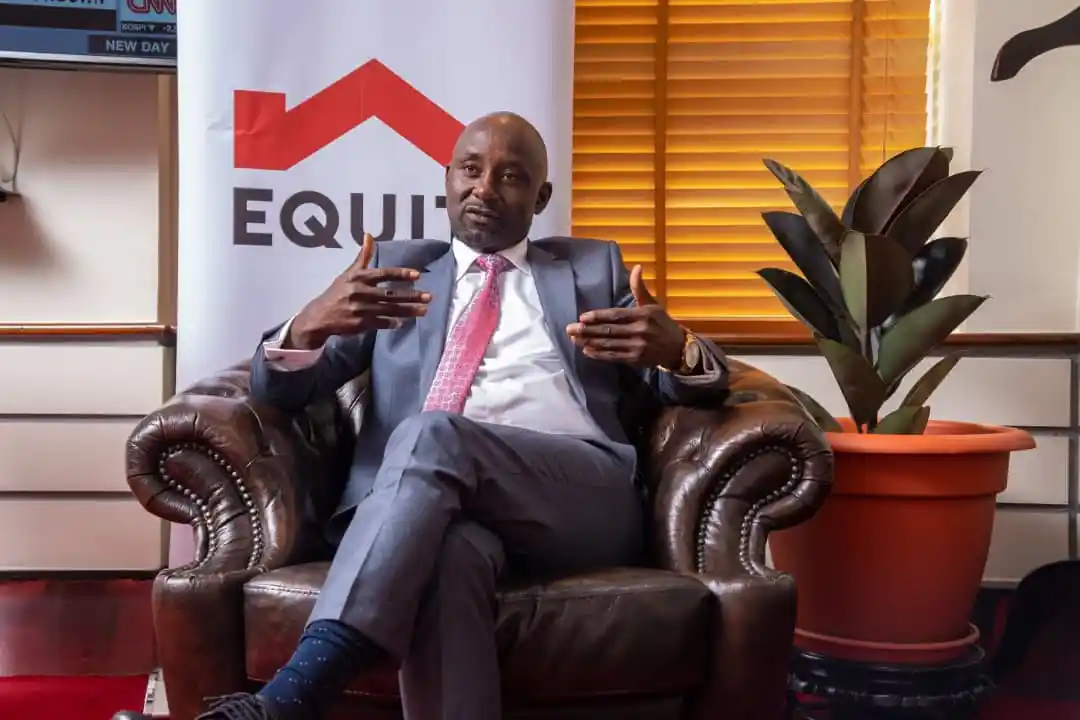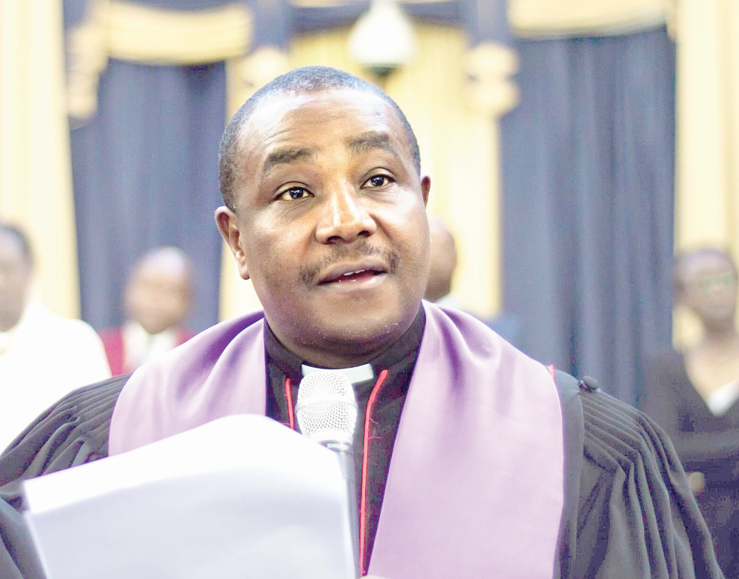In a case that sheds light on the murky underworld of fraudulent tenders and rogue legal professionals in Kenya, Michael Otieno Owano, a lawyer from Owano Michael and Company Advocates, has been apprehended in connection with a fake tender scheme that defrauded a U.S.-based investor of KSh 182 million. Owano’s arrest at Milimani Law Courts marks a key development in a wider investigation that reveals how a network of lawyers, posing government officials, and unscrupulous collaborators allegedly lured the businessman with promises of lucrative government contracts.

Michael Otieno Owano of Owano Michael & Co. Advocates. [Photo: Courtesy]
According to Kenya’s Directorate of Criminal Investigations (DCI), Owano and his associates reportedly lured the proprietor of Underground Pipeline Rehabilitation Company to Nairobi under the guise of discussing a high-stakes contract with the government. The alleged scam, which unfolded in 2022, was orchestrated with the help of Alvin Alexander, who posed as the CEO of Orion AST Company. Together, they engaged the foreign businessman in multiple staged meetings with individuals posing as high-ranking officials, complete with forged government tender documents.
The purported contracts included tenders for:
Supply, Installation, and Commissioning of Area Control Centre and Disaster Recovery System Equipment.
Provision of Consultancy Services for the Design, Implementation, and Maintenance of an Information Management System (ISMS) and the Supply, Delivery, Installation, and Commissioning of Automatic Weather Stations (AWS). To secure these lucrative tenders, the businessman was persuaded to make a series of payments to cover “facilitation fees,” work permits, and other project-related costs. A total of USD 1,617,200, equivalent to KSh 182.7 million, was transferred to four different escrow accounts associated with law firms, allegedly for “legal and processing fees.” However, once the payments were complete, the businessman was systematically ignored by the individuals he believed to be genuine government representatives, leading him to report the fraud.
Legal Firms Under Scrutiny
The DCI’s investigation has exposed several law firms alleged to have facilitated large fraudulent transactions, channeling funds through multiple escrow accounts under the pretense of legal fees, contract processing, and bid bonds. In total, the foreign investor reportedly transferred USD 1.6 million across these accounts to cover costs associated with the fake tenders, including supposed legal fees and work permits for employees.
The law firms in this investigation are now under scrutiny for their involvement in similar high-value fraud cases, including various fake gold scams that have also defrauded foreign investors. The DCI reported that several lawyers involved in these schemes use their legal status to instil confidence in potential victims, who often take the lawyers’ assurances as proof of legitimacy.
This case has unveiled a disturbing pattern of collusion between fraudsters and corrupt immigration officers. The DCI reports that immigration officials are allegedly involved in intimidating foreign investors and witnesses once they attempt to report fraudulent schemes. Some foreign nationals have faced unwarranted red alerts or threats of deportation following their reports of fraud. According to sources, corrupt immigration officers receive a 10% cut of these fraudulent proceeds, an arrangement that underscores the extent of corruption within Kenya’s immigration system.
This case highlights the systemic risks foreign investors face in Kenya’s high-stakes business environment, where legitimate-looking contracts can mask elaborate fraud. The reputational damage to Kenya is considerable, as these cases perpetuate a negative image that could discourage future investors. In August last year, the Law Society of Kenya (LSK) agreed to partner with the Financial Reporting Centre (FRC) to report suspicious transactions by clients, a move aimed at enhancing transparency and preventing financial fraud.
The DCI warns that Kenya’s rapidly growing gold scam industry has reached “unprecedented proportions,” drawing in unsuspecting investors despite multiple government crackdowns and media exposés. With legal professionals implicated in these schemes, the need for stricter regulatory oversight, including penalties for rogue lawyers, has become more urgent. As the investigation continues, the DCI is pursuing further arrests, signalling a commitment to rooting out fraud and restoring trust in Kenya’s business and legal landscape.
For foreign investors, this case serves as a sobering reminder to exercise due diligence and engage in independent verification before entering into any financial agreements. Consulting reputable sources and cross-checking claims with official government channels are crucial steps in safeguarding against fraud. As the Kenyan government intensifies its crackdown on fraudulent networks, this case may mark a turning point in the fight against business-related corruption in Kenya.





